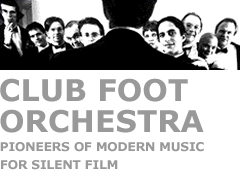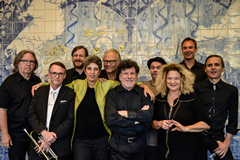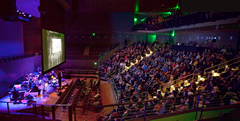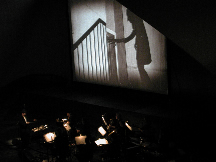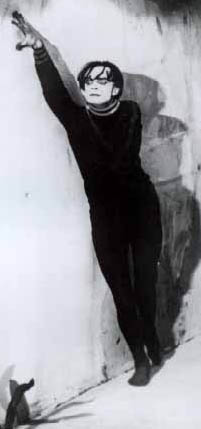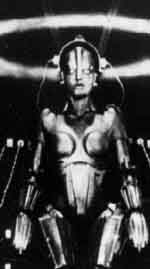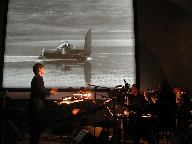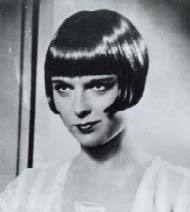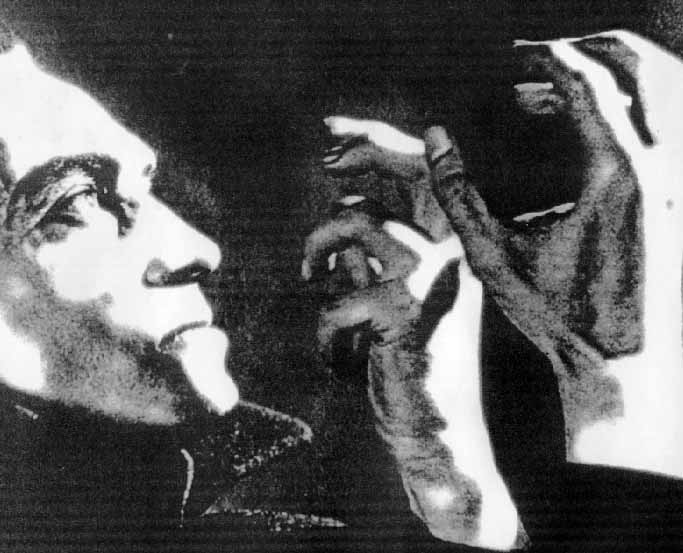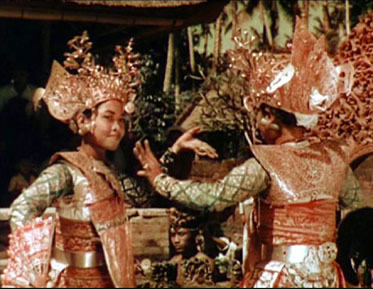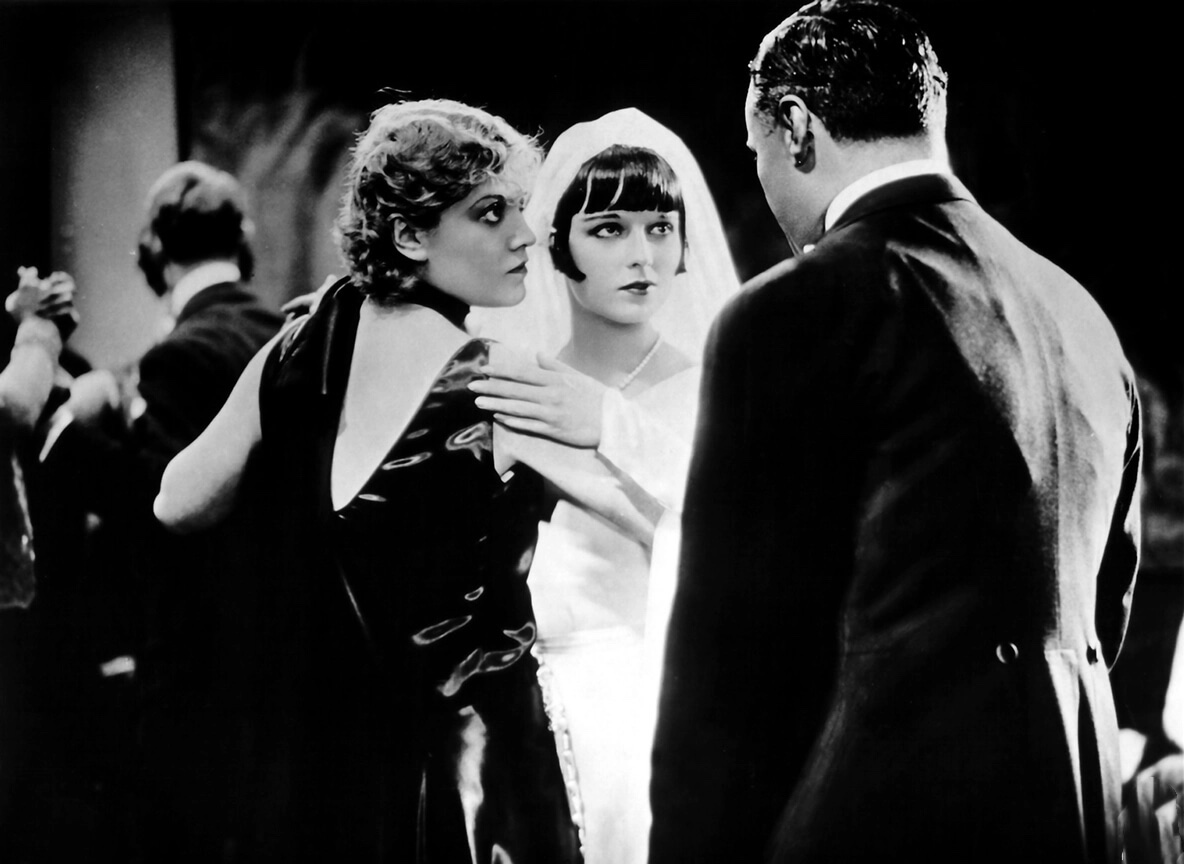The Club Foot Orchestra is a multi-faceted musical ensemble whose live performances of modern scores for silent film sparked a revival in the genre that continues today. Their innovative style creates a musical atmosphere that brings silent film into the modern era, synthesizing sounds of Eastern European music, Impressionism, and Jazz Fusion. The New Yorker said "This is music that bubbles up from the intersection of aesthetics and the id," They have performed at Lincoln Center, Symphony Space, The Smithsonian, World Financial Center, SF Jazz, and their home at the Castro Theater in San Francisco, among many other venues in the US, Mexico, and Canada. The core instrumentation of three woodwinds, two brass, violin, contrabass, electric guitar, keyboards, and percussion is often augmented by forces as diverse as string quartet , Balinese Gamelan, sitar, tablas, and timpani . A recent show featured the Orchestra in collaboration with the San Francisco Conservatory performing their score for Pandora's Box to a sold-out audience at Oakland's Paramount Theate on May 7, 2023. The Orchestra also recently performed an all-day retrospective for the San Francisco Silent Film Festival at the Castro Theater in San Francisco, CA.
Founded by Richard Marriott and Beth Custer, the ensemble got its name from a performance art nightclub called the Club Foot which flourished during the 1980s in the Bayview district of San Francisco. Marriott, who lived upstairs, formed a house band that came to be called the "Club Foot Orchestra." Two albums released on Ralph Records document the music of this period: Wild Beasts and Kidnapped. Richard Marriott still serves as the group's creative and artistic director.
The Club Foot Orchestra performs live with a variety of feature-length and short-subject silent films ranging from German Expressionist to Comedy. Their unique compositions often rely on a collaborative writing process that makes their scores both varied and cohesive. This collaborative process is a fundamental element in their unique musical style. They also perform music in other genres, such as Custer's score for choreographer Joe Goode's Maverick Strain performance installation and Marriott's scores for Della Davidson's Ten PM Dream and Eva Luna.
Marriott explained how they started writing for movies:
I became interested in doing something visually that further expressed the ideas behind the music; something that would help put the music in context. I considered projecting slides of experimental art on a screen behind us. Then a friend suggested, after catching our show: "The music is so cinematic, why don't you take outtakes of 1950s sitcoms and score them." I put it under my hat.
Later that night I saw a Lily Tomlin skit on Saturday Night Live. She was reading the Dow Jones averages of various art trends. She reported, "Pop art up 10... Op art up 20... Expressionism down 30." I turned the channel. And there was The Cabinet of Dr. Caligari. The distorted sets and dreamlike atmosphere in the film were the qualities that I always envisioned accompanying our music. The subversive plot was drenched in the unconscious. I was obsessed to write for that film.
Marriott's score premiered at the 1987 Mill Valley Film Festival. After touring with Caligari, Marriott wrote a score for the 1922 F. W. Murnau horror classic Nosferatu, with sections contributed by Gino Robair, introducing the period of collaborative composition. Nosferatu is a powerful and evocative score and proved equally successful with audiences, and led to an appearance at New Music America in New York City in 1989. Over the next 10 years, new scores for the films Metropolis, Sherlock Jr., Pandora's Box and The Hands of Orlac were composed by the group and performed throughout the US, following their premieres at the Castro Theater. Many short subject films were also composed during this time.
Francis Lederer, who played Alwa Schoen in Pandora's Box, attended a screening of that film in 1995 at the Nuart Theater in Los Angeles. Buster Keaton's wife Eleanor attended a screening of Sherlock Jr. in 1993, and exclaimed, "Bravo Club Foot Orchestra! Buster would have loved your music."
In 1999 a smaller version of the orchestra, along with Gamelan Sekar Jaya, performed with the film Legong: Dance of the Virgins, co-written by Marriott and Indonesian composer Made Subandi. More recently, the group has performed new scores for Battleship Potemkin, Phantom of the Opera, and Go West, in addition to Marriott's reworking of Metropolis to match the newly restored and much longer print. Three new Buster Keaton short-subject films (The Blacksmith, One Week, Cops) were showcased in a Club Foot Orchestra retrospective hosted by the San Francisco Silent Film Festival at the Castro Theater in September 2018.
The Club Foot Gamelan premiered a score for the silent Indonesian film Goona Goona at the 2019 San Francisco Silent Film Festival, featuring the Balinese virtuosos Nyoman Windha and Dewa Barata. In 2019 - 2020, the Club Foot Modern Machines has been performing yet another new score for Metropolis, this time featuring kinetic sound-producing sculptures created by Matt Heckert, Kal Spelletich, and Obtainium Works.
In 1995, The Club Foot Orchestra scored and recorded 39 episodes of the CBS cartoon series The Twisted Tales of Felix the Cat, produced by FIlm Roman. Gino Robair produced the cartoon's soundtrack, which was recorded at Hyde Street Studios in San Francisco and later at Guerilla Euphonics in Oakland. All members of the group, which at the time included Myles Boisen, Matt Brubeck, Catherine Clune, Beth Custer, Steve Kirk, Richard Marriott, Nik Phelps, and Elliot Kavee, wrote music for these episodes.
